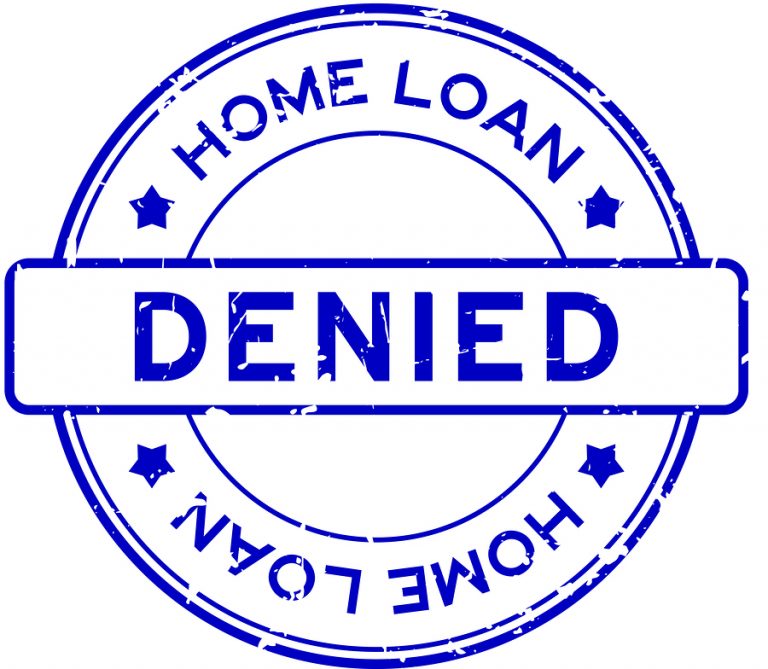Understanding the most common reasons a mortgage is denied can help you avoid them. Even if a buyer is pre-approved for a mortgage prior to house hunting, it’s not a guarantee the funds will be there when they find their dream home. Many real estate deals fall through because the mortgage is denied, but knowledge is power. Being aware of the pitfalls will guide you around these mistakes.
New Debt is Incurred
One reason a deal may hit snags is because a potential buyer took on extra
debt, following pre-approval. Mortgage applications calculate a buyer’s debt to income ratio. For example, existing credit card bills, or student loan
payments are weighed against a buyer’s salary. So once you’ve been pre-
approved for a home loan, it’s probably not the best time to go out and open a new line of credit. It might just skew that income to debt ratio too far in the wrong direction.
Poor Credit
While you won’t need perfect credit to purchase a home, a common reason a mortgage is denied is due to negative marks on a buyer’s credit score. Lenders have specific credit score guidelines. If you’ve been pre-approved, it’s important to make sure you don’t do anything to damage your current credit rating, like not paying bills on time. A timely payment history can do a lot to boost your credit. There are free sites available where you can
monitor your credit report. If you find out your credit score is too low, you
can begin taking the necessary steps to improve it.
Irregular Employment History
When you’re given a loan the lender is taking a calculated risk. Consistent
employment demonstrates a buyer will be able to pay their monthly
mortgage. Holes in an applicant’s work history, or jumping from job to job,
are both cause for concern. This is why it’s important to keep records for
proof of employment, such as taxes, or pay stubs.
Issues with Property Value
It’s possible when a mortgage is denied that the final decision had nothing to do with the buyer. Sometimes there’s an issue when the bank appraisal
determines the property itself isn’t worth enough to justify the loan amount. A buyer may seek an appraisal rebuttal, but this seldom changes the outcome.
Insufficient Down Payment
A down payment on a house is typically 5-25% of the total cost of the home.
There are certain loans that don’t require a down payment, like USDA loans. But a lender views a buyer’s upfront investment as a security measure, so its best to save as much as possible.
There’s quite a process to applying for a home loan, so it’s disappointing
when a mortgage is denied. But lenders must detail their reason for the
decision in a formal letter. This providers the applicant with information
needed to address issues, ensuring next time an application is more likely to be approved.


